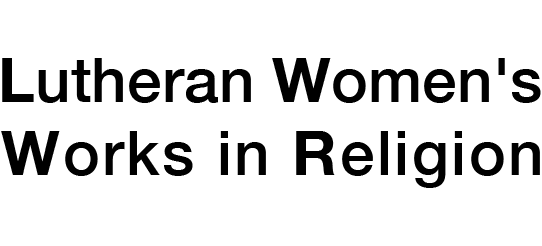Category: Biblical Studies
BOOKS
Rivta H. Williams 1-2 Corinthians, Leader and Learner., Minneapolis: Augsburg Fortress 2011(here is where annotated bib info would go)
CONFERENCE PRESENTATION/SPEECH
"Preaching: the Preservation of Fire" In Proceedings: North American Academy of Liturgy Annual Meeting. ed. Stephanie Perdew VanSlyke. Notre Dame, IN: North American Academy of Liturgy, Inc. 2018Vice-Presidential Address to the North American Academy of Liturgy, January 2018, Vancouver, British Columbia, focused on applying a quote about tradition attributed to Gustav Mahler to the practice of preaching: “Tradition is not the worship of ashes but the preservation of fire.”
JOURNAL ARTICLES
"Forgetting While Remembering: The Annunciation Type-Scene in Isaiah 40-55" In "Worship the Lord with Gladness": Essays in Honor of Frederick J. Gaiser. eds. Mark A. Throntveit and Rolf A. Jacobson. vol. 7, St. Paul: Word & World October 2017 (This is part of Word & World's Supplement Series.)Isaiah 49:14-23 and 54:1-3 evoke an annunciation type-scene, more commonly found in narrative portions of the Hebrew Bible. In doing so, personified Zion is placed in continuity with women of Israel’s past, thus “remembering the former things.” At the same time, she is recreated so substantially that she forgets those former things.
This essay argues that when reading Proverbs 7-9 as a single instruction within Proverbs 1-9, the description of Wisdom’s home in Proverbs 9:1-6 is the chiasmic center of the instruction. This structural observation joins thematic observations by scholars such as William P. Brown and Silvia Schroer to emphasize Wisdom’s home as the cosmos.
Lectionary reflections on John 1 and a psalm.

